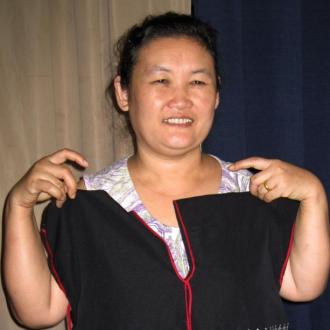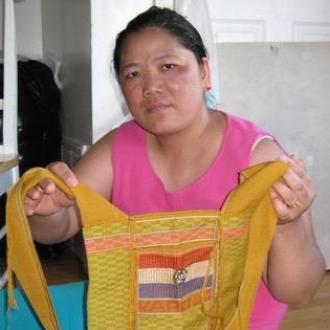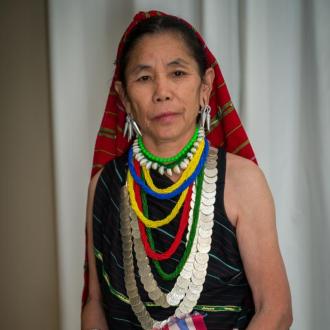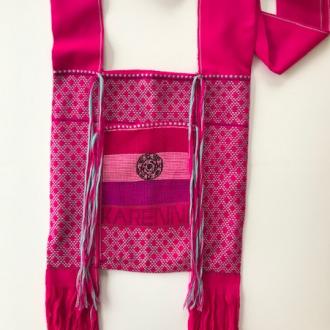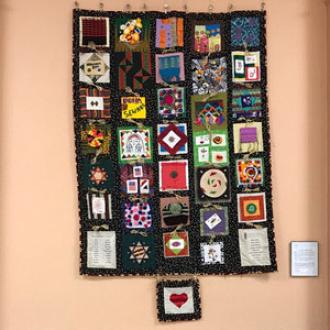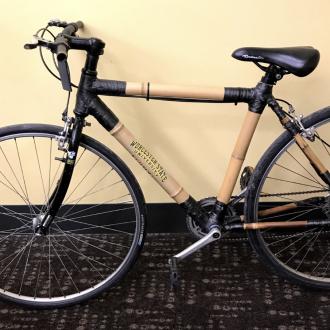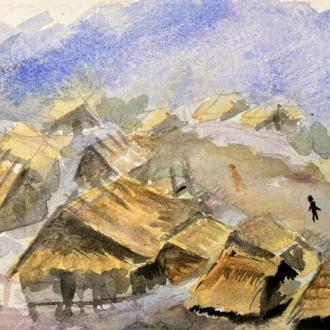The national army of Burma (the nation is called Myanmar by the military itself) has in effect been attacking the home regions of the country’s numerous minority societies since the 1950s. The army (the Tatmadaw) seeks these homelands’ natural resources such as precious jewels, gold and other metals, and fertile rice land. Minority societies such as the Karen, Karenni, Kachin, Chin and several more have bravely resisted these incursions, attacks, bombings, and human rights’ violations, which have also affected the minority Muslim community, the Rohingya). Central government attacks on Karen and Karenni villages were especially severe in the early 2000s and many villagers were forced to flee for their families’ lives to United Nations’ administered refugee camps along the Thai/Burma border, just over the line in Thailand. Refugees languished there for years; food supplies were inadequate and schools were poor.
Some families eventually got permission to immigrate to third countries such as the US as fully-vetted refugees. Some came to Massachusetts, North Carolina, Indiana, Minnesota and other states to build new homes for themselves. The three Burmese refugee artisans described below followed this path from forced exile to resettlement in the US. We draw on our ethnographic interviews for these portraits, and on Rodgers and Umunna 2017, Path to Empowerment, pp. 11-16.
Dudley, Sandra. 2010. Materialising Exile: Material Culture and Embodied Experience among Karenni Refugees in Thailand. Forced Migration Series, Oxford University. New York and Oxford: Berghahn.
Fraser-Lu, Sylvia. 2020. Textiles in Burman Culture. Chiang Mai, Thailand: Silkworm Books. Note: mostly on Burman majority culture but some on minority society arts.
Fusuyan, Mark, Courtney Temple, Alyse Wheelock. 2015. When We Were Home: A Collection of Memories from Burmese Refugee Youth. Worcester, MA: Worcester Refugee Assistance Project, privately published. 42 pages.
McConnachie, Kirsten. 2014. Governing Refugees: Justice, Order, and Legal Pluralism. New York and Oxford: Routledge.
Nawyn, Stephanie and Betty Okwako. 2018.The Right to Belong (if you can afford it): Market-based Restrictions on Social Citizenship in Refugee Resettlement. Journal of Refugee Studies, March 2018. 31 (1): 42-62.
Shakespeare-Finch, Jane et al. 2014. Distress, Coping and Post-traumatic Growth in Refugees from Burma. Journal of Immigrant and Refugee Studies. July-Sept. 2014. 12 (3), 311-330.
Thwe, Pascal Khoo. 2003. From the Land of Green Ghosts: A Burmese Odyssey. Harper Perennial.
